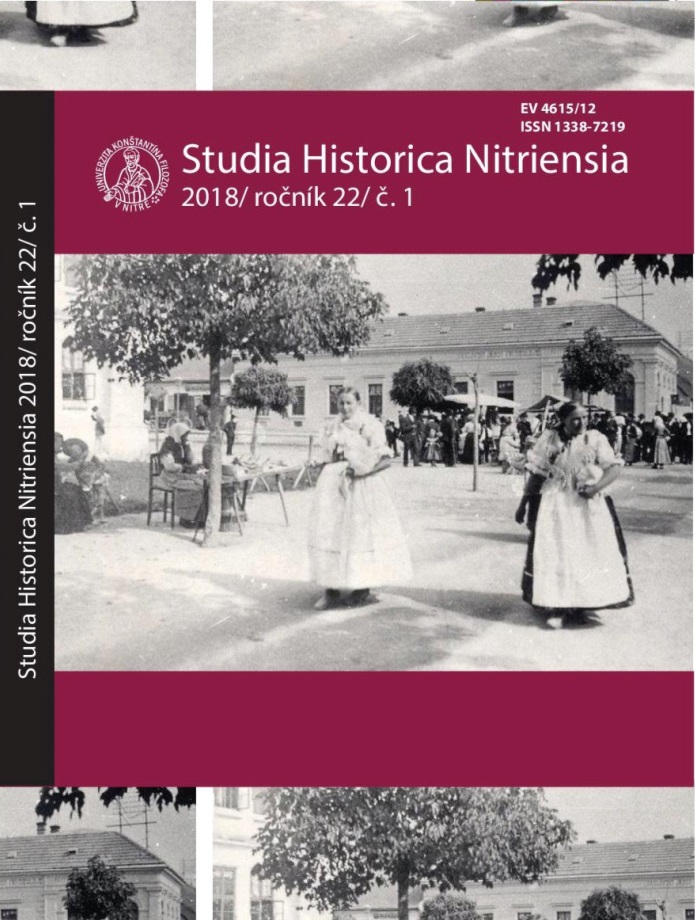Diagnosing Brazil: Paulo Prado in Search of Brazilian Identity
Diagnosing Brazil: Paulo Prado in Search of Brazilian Identity
Author(s): Aleš VrbataSubject(s): History, 19th Century, Politics and Identity
Published by: Univerzita Konštantína Filozofa v Nitre, Filozofická fakulta
Keywords: Paulo Prado; History; Brazil; Race; Soul; Territory; Decadence;
Summary/Abstract: This paper deals with Brazilian social thinker Paul Prado as a significant contributor to a quite extensive question of Brazilian national identity. Prado can be considered a figure linking older late 19th-century Brazilian thinkers whose search for national identity mirrored influences of European positivism and biological determinism and modernists who attempted to introduce Brazil to modernity and give it a totally new, “modern“ self-image, i.e. independent national identity through arts and explain Brazil as an independent culture. Paulo Prado belonged to one of the richest paulista families, but spent considerable part of his life in Paris, close to Cenáculo português, formed by eminent Portuguese intellectuals. Exposed to such influences Prado elaborated his own concept of Brazilian national identity whose theoretical basis can be rightfully called “European“. In his work Prado makes use of the same critère explicatif that is frequently present in 19th-century “diagnoses“ of national identity and culture: climate, countryside, history, race, soul etc. The same approach is identifiable in the father of Portuguese modern historiography, Alexandre Herculano, in Portuguese Geração de 1870, in French intellectuals like Augustin Thierry, Hippolyte Taine, Ernest Renan or Spanish representatives of Generación 98. The common denominator of these theories is something I would call “preeminent critère explicatif du XIXème siècle: la race, le milieu, le moment“.
Journal: Studia Historica Nitriensia
- Issue Year: 22/2018
- Issue No: 1
- Page Range: 194-224
- Page Count: 31
- Language: English

